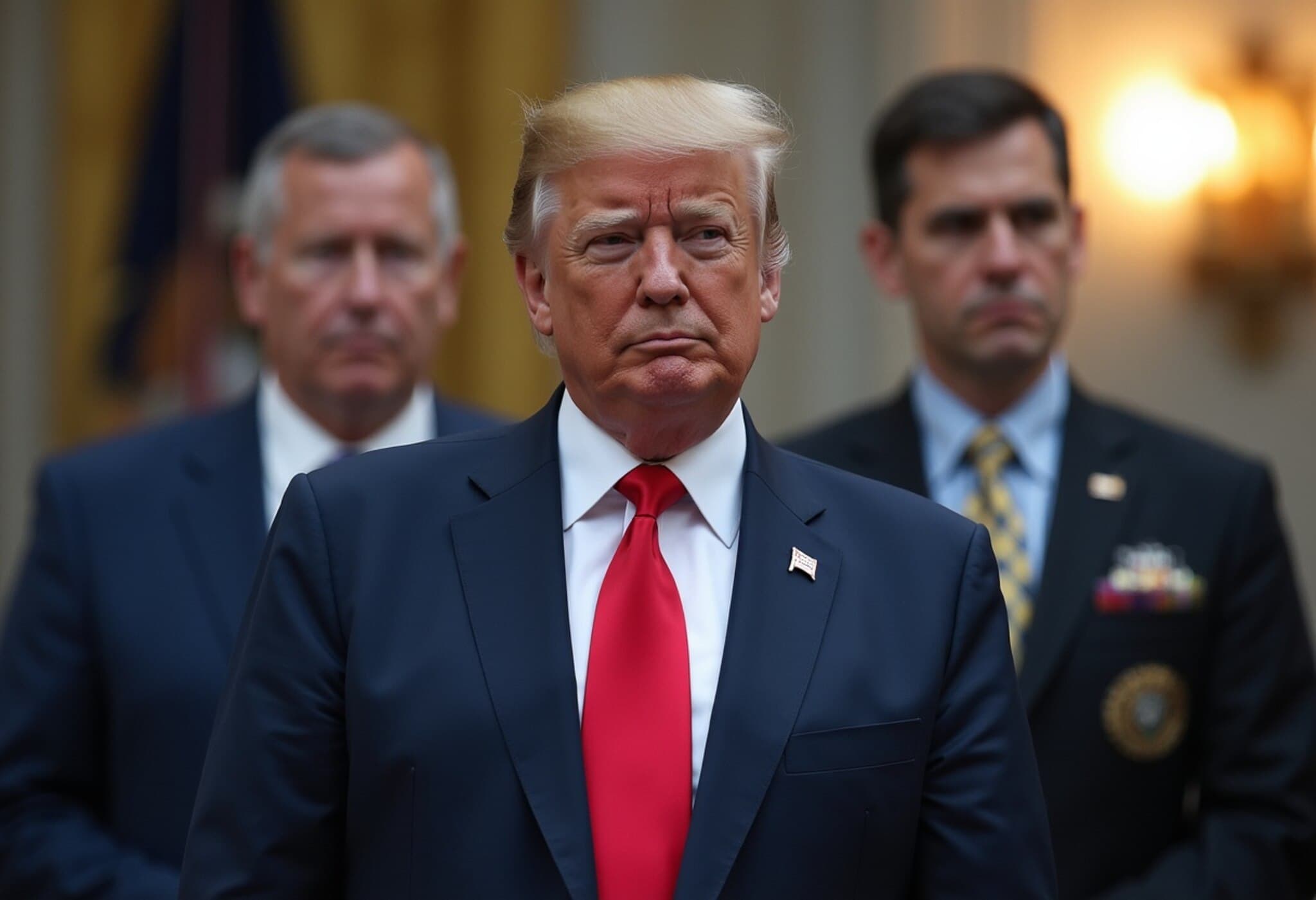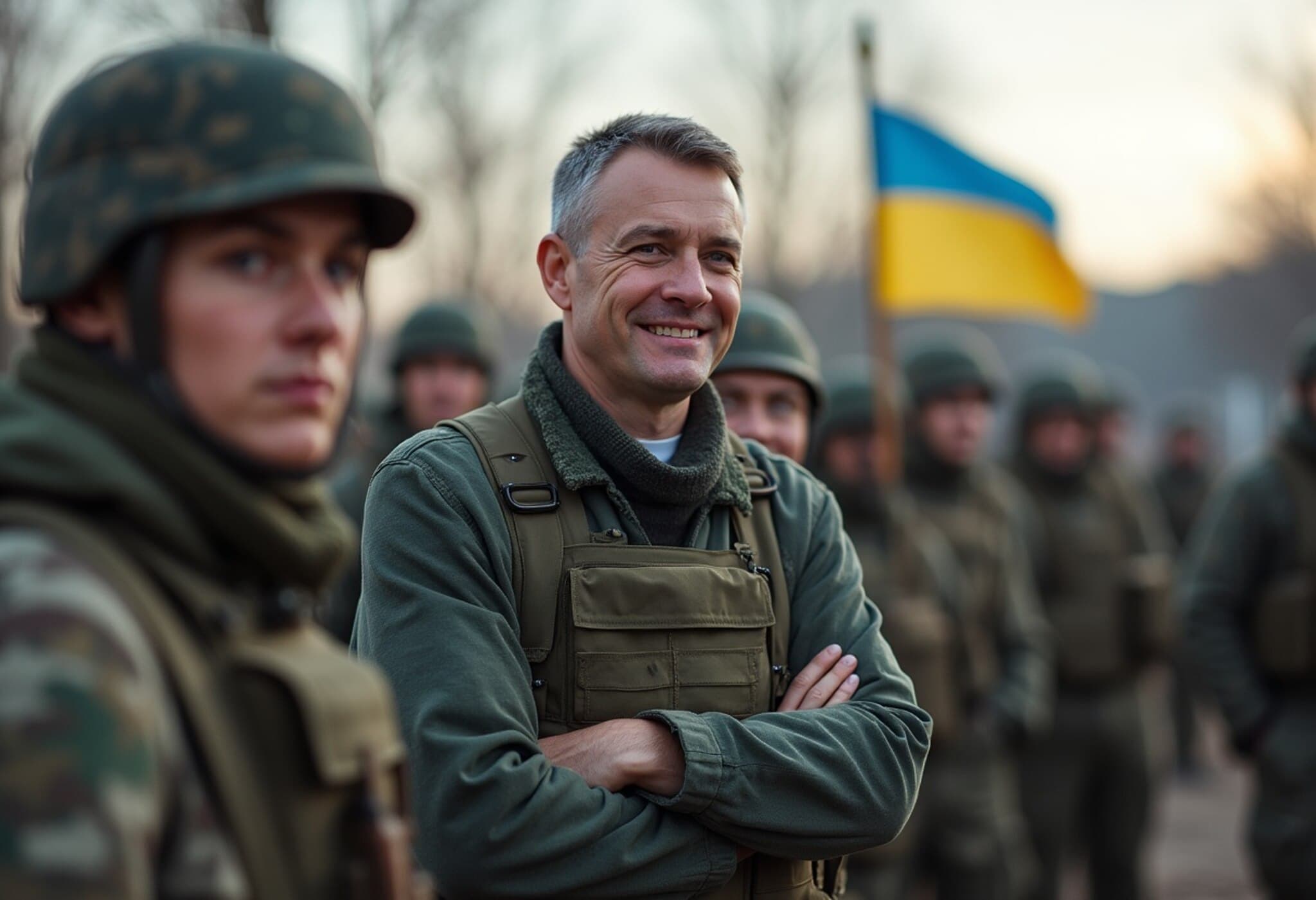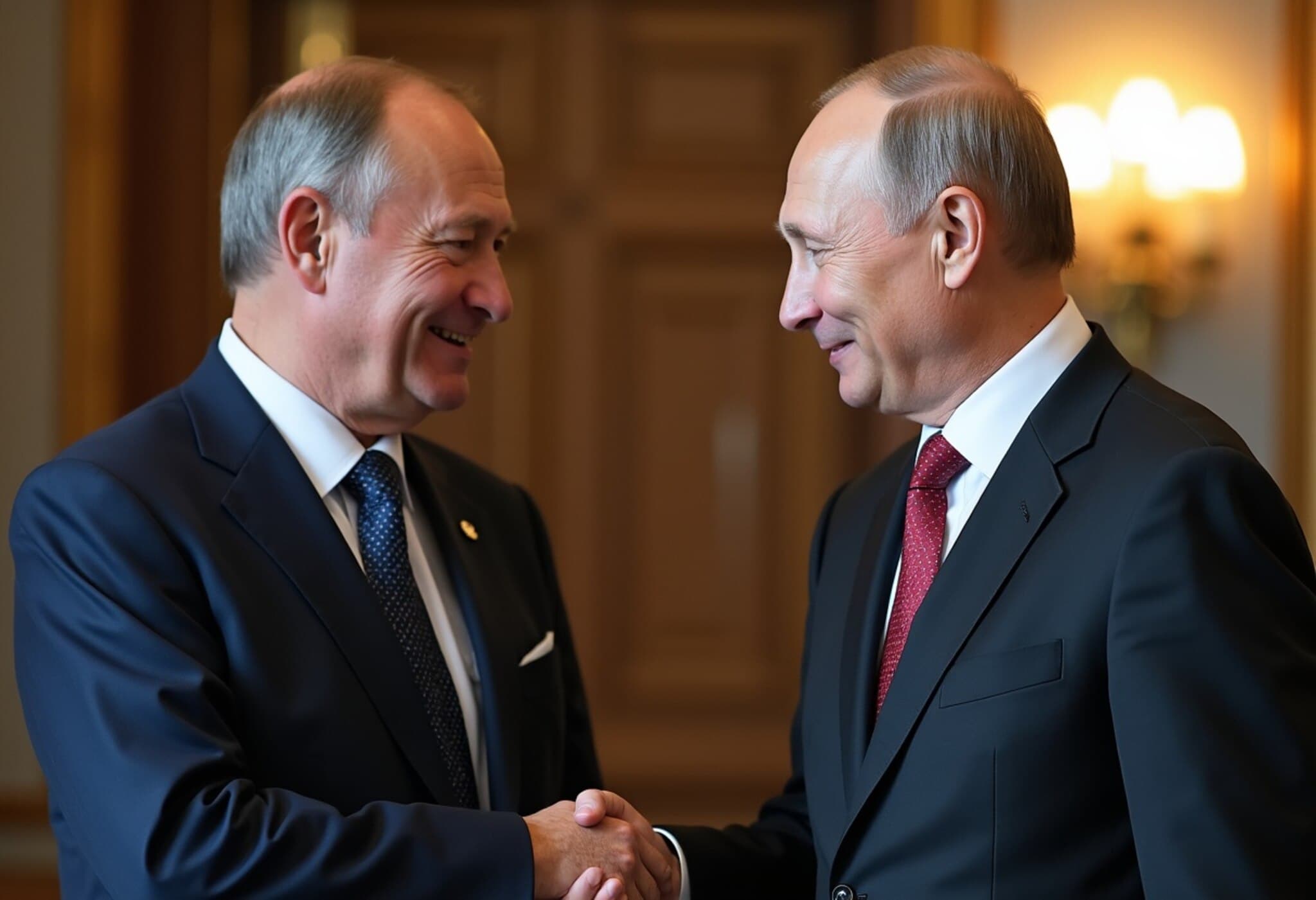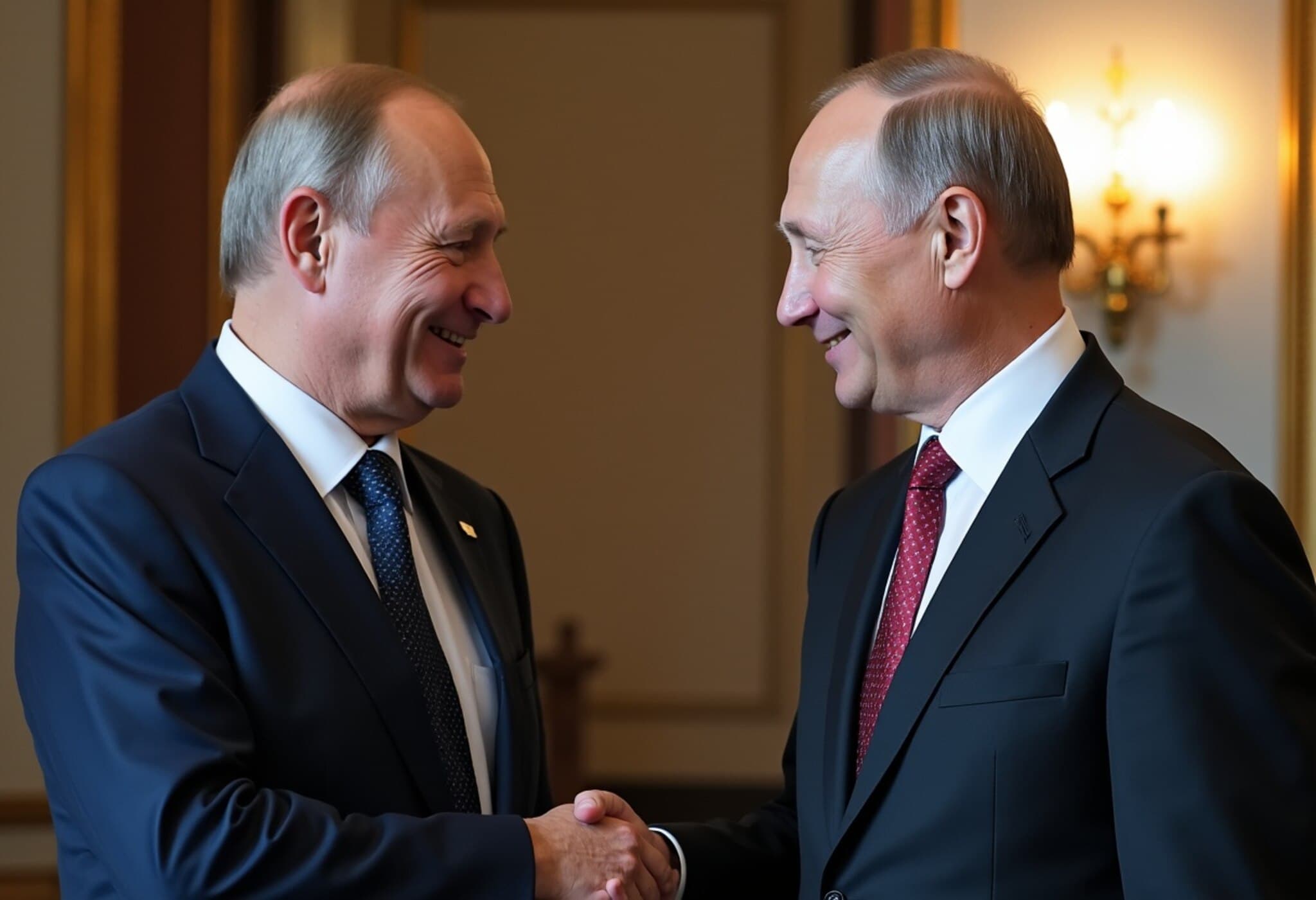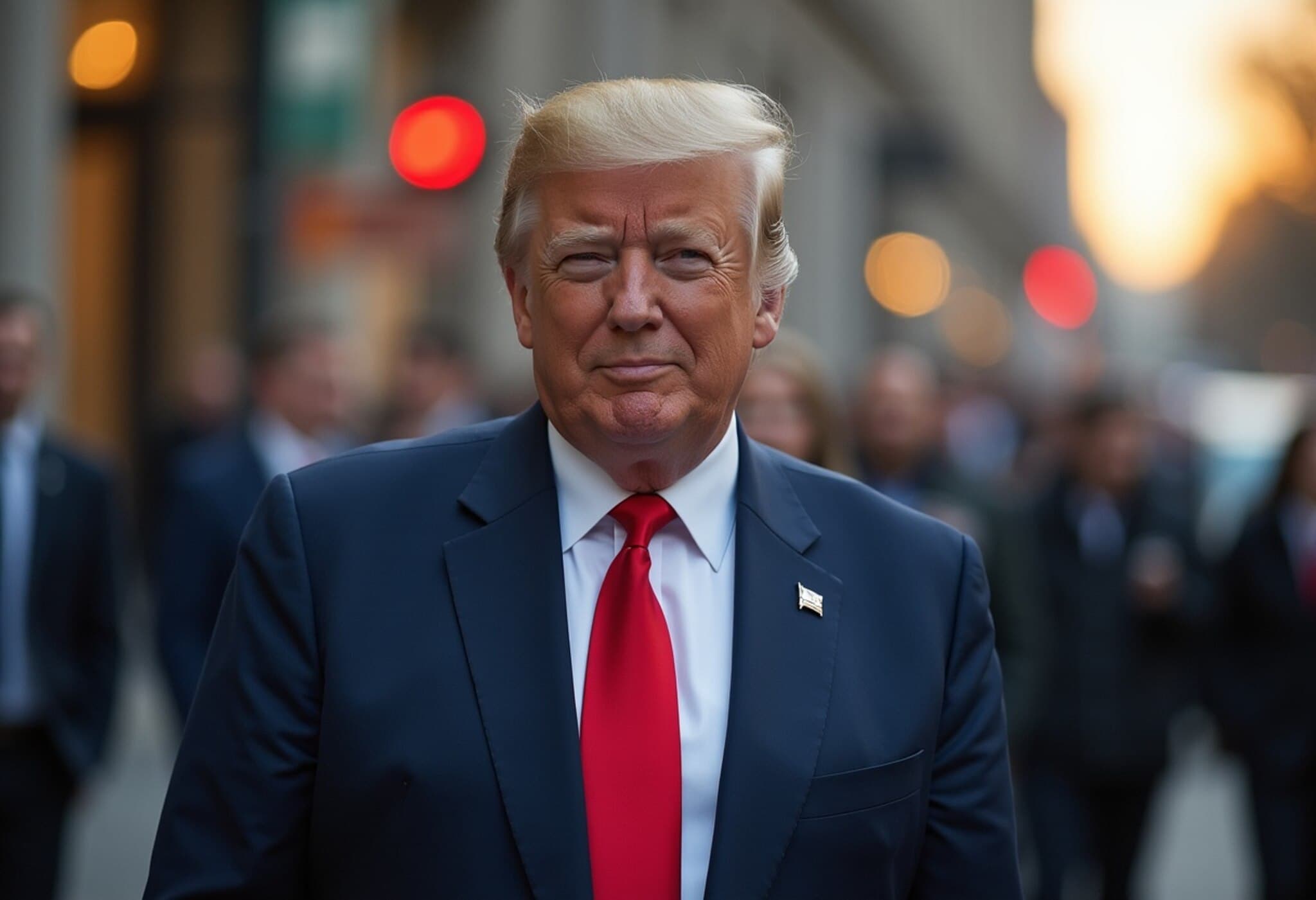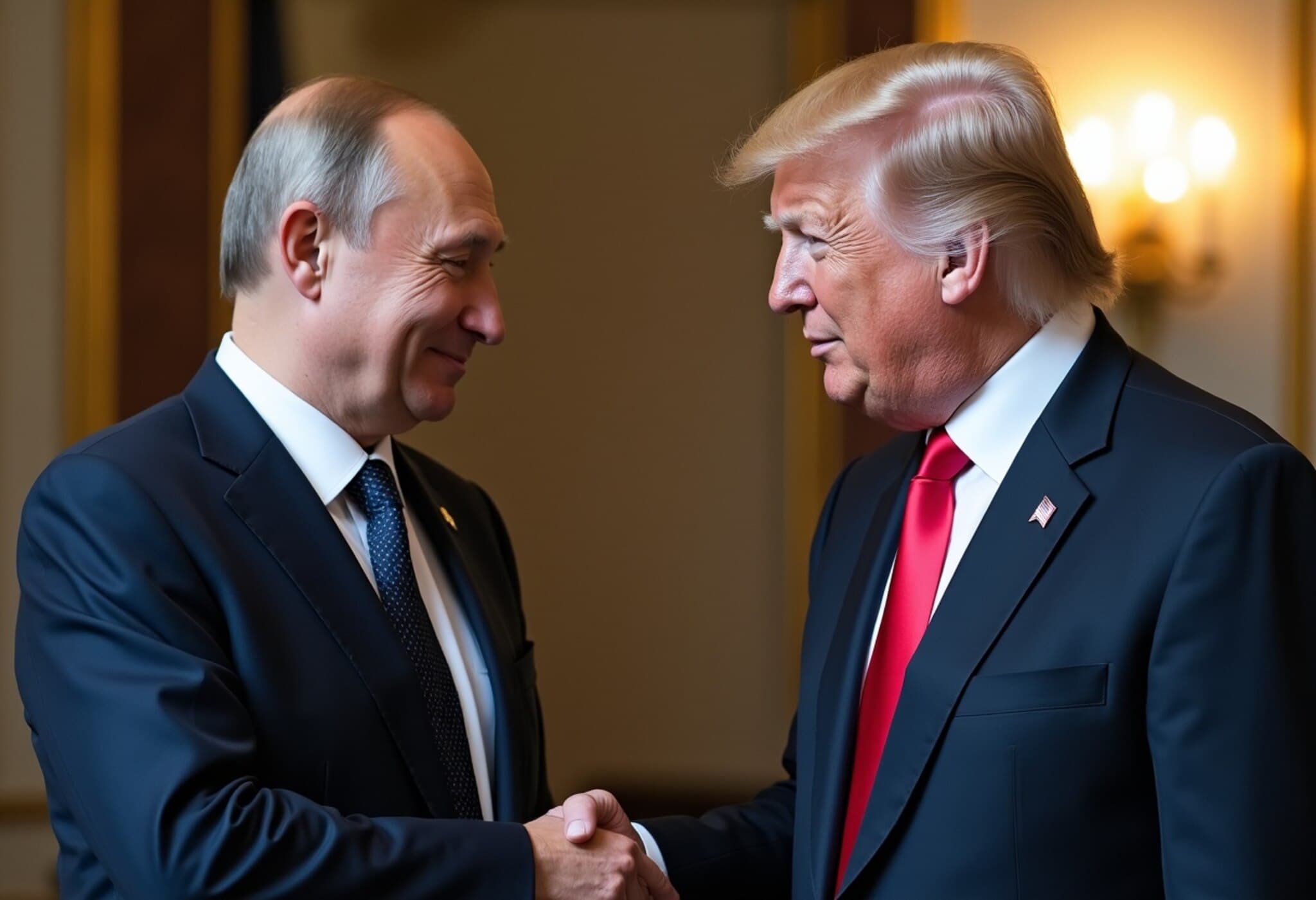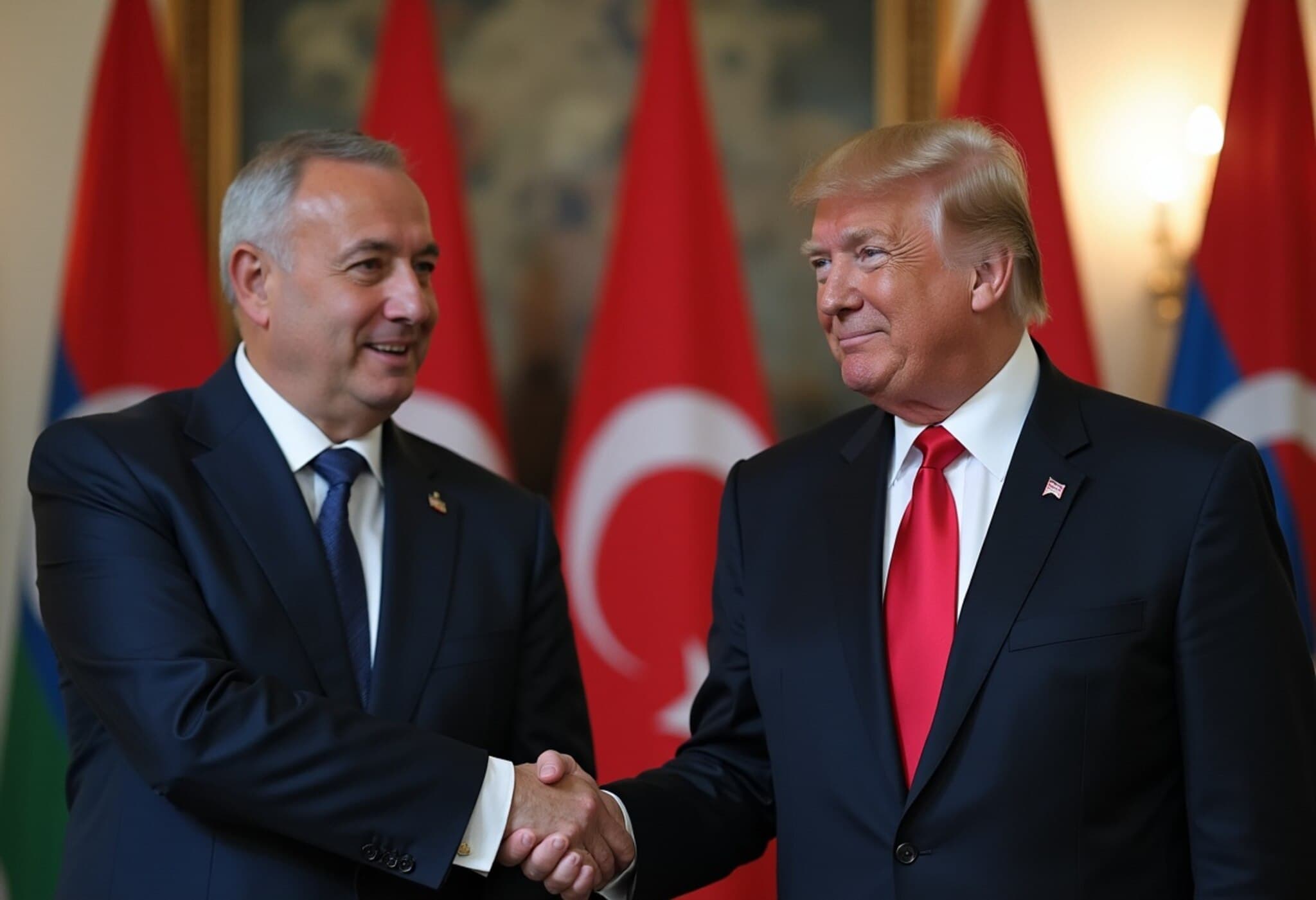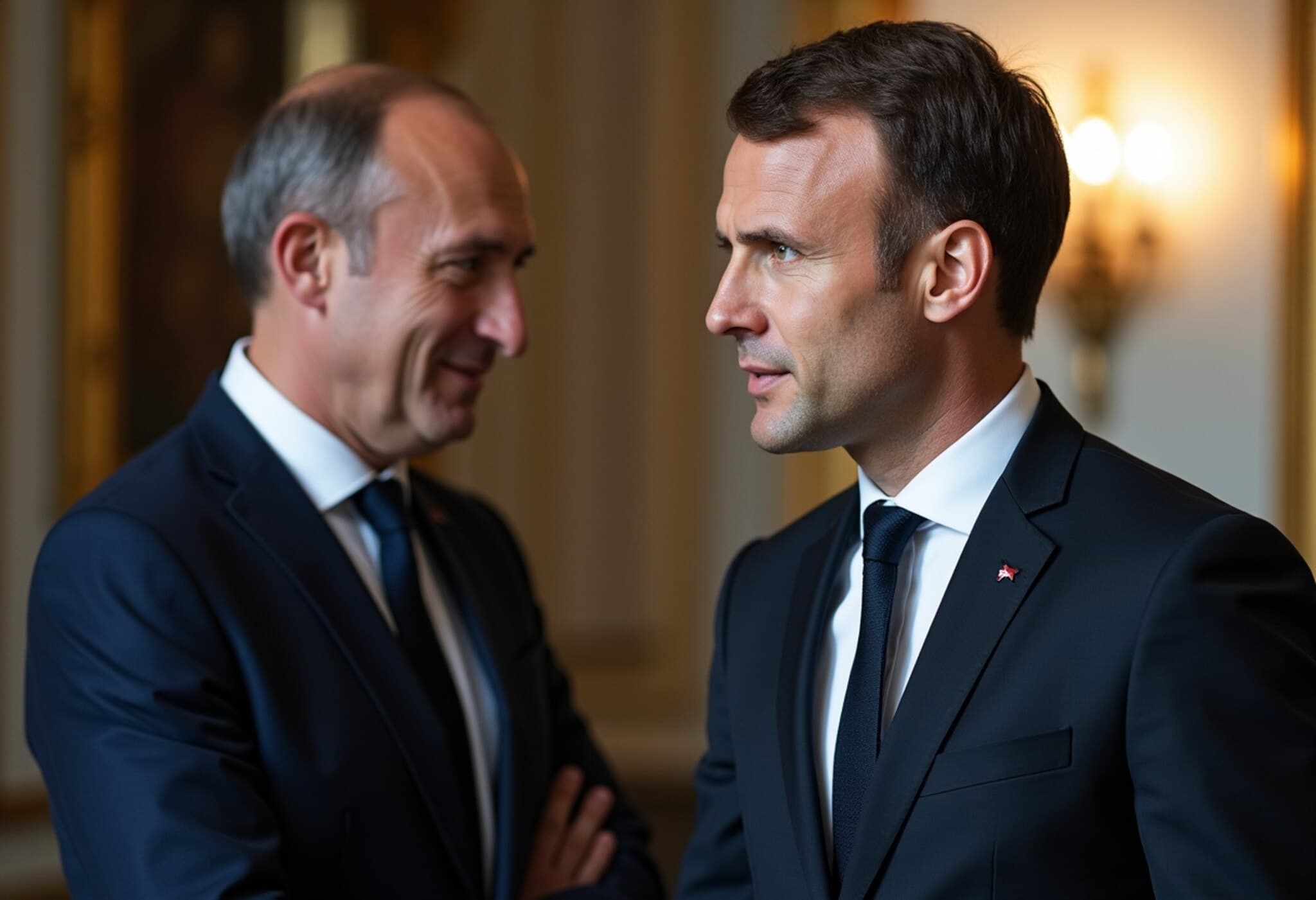Ukraine Allies Convene to Assess Impact of Trump-Linked Peace Initiatives
In a pivotal moment for the evolving conflict in Ukraine, key international leaders gathered virtually on Tuesday to deliberate the ramifications of recent high-profile discussions aimed at ending the war with Russia. This meeting follows U.S. President Donald Trump's announcement of his involvement in arranging a potential summit between Ukrainian President Volodymyr Zelenskyy and Russian President Vladimir Putin.
Starmer and Macron Steer a Growing Coalition
British Prime Minister Keir Starmer joined French President Emmanuel Macron in co-hosting the virtual assembly of the so-called "coalition of the willing", a group that now includes around 30 of Ukraine's allies. This coalition, initially formed earlier this year by European leaders, convened to discuss outcomes of the Washington talks and strategize concrete next steps. According to a UK government spokesperson, the agenda focused on updating the coalition on decisions made and coordinating support to underpin any forthcoming peace agreement.

International Dynamics and Security Guarantees
President Macron, who was present in Washington during the intensive talks on long-term security assurances for Ukraine, emphasized the importance of sustained transatlantic collaboration. In an interview with French news channel LCI, he remarked the virtual meeting was crucial for maintaining alignment among Kyiv's allies and indicated that detailed work with the United States would commence immediately following the coalition call.
Macron also proposed Geneva as a potential venue for formal peace negotiations, though he deferred to Ukraine on critical issues surrounding territorial concessions, particularly regarding regions like Donbas, which remain contested. His caution reflects a broader wariness across Europe about Russian President Vladimir Putin’s track record, whom he described emphatically as "a predator, an ogre at our gates," underscoring concerns about Moscow’s reliability and intentions.
Expert Analysis: The Road Ahead
From an American foreign policy perspective, this coalition exemplifies an effort to consolidate diplomatic leverage by uniting a diverse group of stakeholders with shared interests in stabilizing Eastern Europe. The inclusion of 30 countries marks a significant escalation in the international commitment to Ukraine’s sovereignty and security.
However, the path to peace remains complex. The announcement of Trump’s role in facilitating direct talks introduces both opportunities for dialogue and uncertainties about the negotiation framework. Analysts caution that without clear guarantees and robust enforcement mechanisms, any agreements risk being undermined by past patterns of unkept commitments, especially from Russia.
Moreover, the coalition’s focus on balancing diplomatic engagement with military and economic assistance will be critical. Ensuring Ukraine’s agency in the process—particularly on sensitive territorial issues—reflects a respect for national sovereignty but also introduces challenging political negotiations both domestically within Ukraine and among its allies.
Key Takeaways
- Coalition of 30 nations convenes virtually to align on Ukraine war outcomes and peace process steps.
- British PM Starmer and French President Macron jointly lead strategic discussions.
- Proposed Geneva talks hinge on Ukrainian decisions about territorial concessions, notably in Donbas.
- European leaders remain skeptical of Putin’s commitments, highlighting persistent trust deficits.
- Trump's facilitation role introduces new diplomatic dynamics with uncertain implications.
Editor’s Note
This evolving scenario presents a critical juncture where diplomatic initiative and multilateral cooperation may either pave the way for lasting peace or deepen geopolitical divides. With stakes high for European security and global norms on sovereignty, the international community’s response must balance assertiveness with diplomatic nuance. As these talks unfold, a pressing question remains: can a wide-ranging coalition truly reconcile divergent interests to broker a durable resolution in Ukraine?










